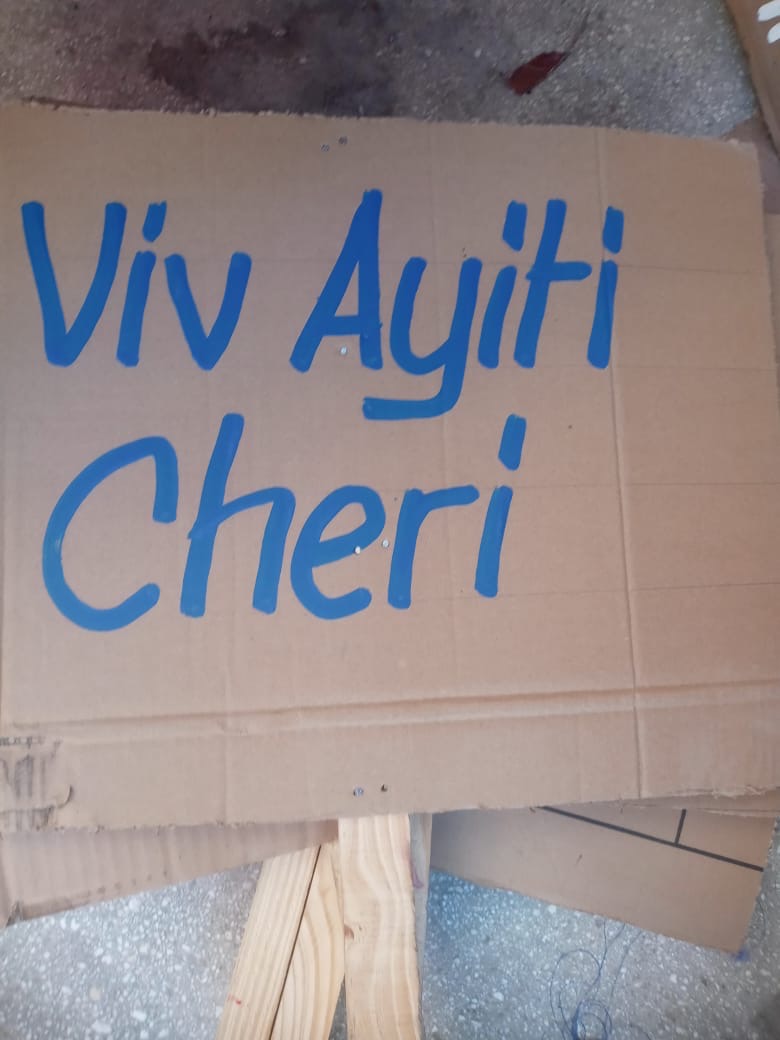Miami Herald
Two weeks after Caribbean nations and the United States helped broker a plan to help Haiti forge a path out of its current gang-driven crisis, designates of a proposed presidential council and the groups that named them are still struggling to find common ground on major points.
The council will be tasked with naming a new prime minister, preparing for the arrival of an multinational force and setting a path toward elections. Among the issues still unresolved: Will the panel consist of nine voting members, or seven members and two non-voting observers?
While seemingly minor, the differences over the panel’s makeup underscores the delays in finalizing the formation council, which the U.S. and Caribbean leaders are counting on to help stem the tide of violence that has engulfed the capital since Feb. 29 and plunged Haiti deeper into a humanitarian crisis.
On Saturday, the council’s proposed members, meeting over video, agreed that only seven of them will have the right to vote. However, there remains confusion about whether the two observers, representing civil society and the interfaith community, will be allowed to take an active role in discussions.
“We have fallen into total improvisation,” former Prime Minister Evans Paul said Monday morning during a call-in to Port-au-Prince Radio Caraibes, where he questioned the legality of the plan and voiced strong doubts that it will work. “We need to have nine presidents? We already had this experience in 1956 and that government didn’t last a month. … We cannot return to this again.”
In 1956, Haiti was engulfed in political chaos after President Paul Magloire failed to call elections. Rioting and civil unrest forced Magloire to resign and the country passed through the hands of five provisional governments over seven months before Francois “Papa Doc” Duvalier in rose to power in 1957 as president for life in controversial elections.
Paul sees similarities with the forced resignation of current Prime Minister Ariel Henry, which he described as “a coup d’etat.” Henry, who was away from Haiti when the latest violence broke out, was prevented from landing in the Dominican Republic to fly into Haiti and was then pressured by the U.S. and the Caribbean Community to resign. He has said he will resign when the transitional presidential panel is installed.
“Mr. Henry left and went on a mission and they locked him out of the country. Whatever you call it, it’s a coup d’etat,” Paul said. “The biggest mission we have to do today is to restore the authority of the state.”
Paul said he has strong doubts that the current plan will succeed. He said he has yet to see any signs that the transitional council will resolve the grave crisis facing Haitians.
“We have people who don’t have food to eat, who are hiding,” he said. “There is something that needs to be done, and the international community is leading us astray.”
It will soon be a month since armed groups in Haiti targeted key government institutions, attacked police stations, the main port and international and domestic airports and succeeded in releasing thousands of prisoners from the country’s two largest prisons.
The siege of the capital has continued since. As members of the council continued discussions among themselves over how they will act, gang members set fire to several buildings in the center of downtown Port-au-Prince and continued to blanket other neighborhoods with heavy gunfire.
Caribbean leaders, who have been engaged in discussions with Haiti’s political and civic leaders, had hoped that a new inclusive government not led by Henry would bring a measure of stability. However, Haitians have struggled to get through just the initial formation of the presidential council.
